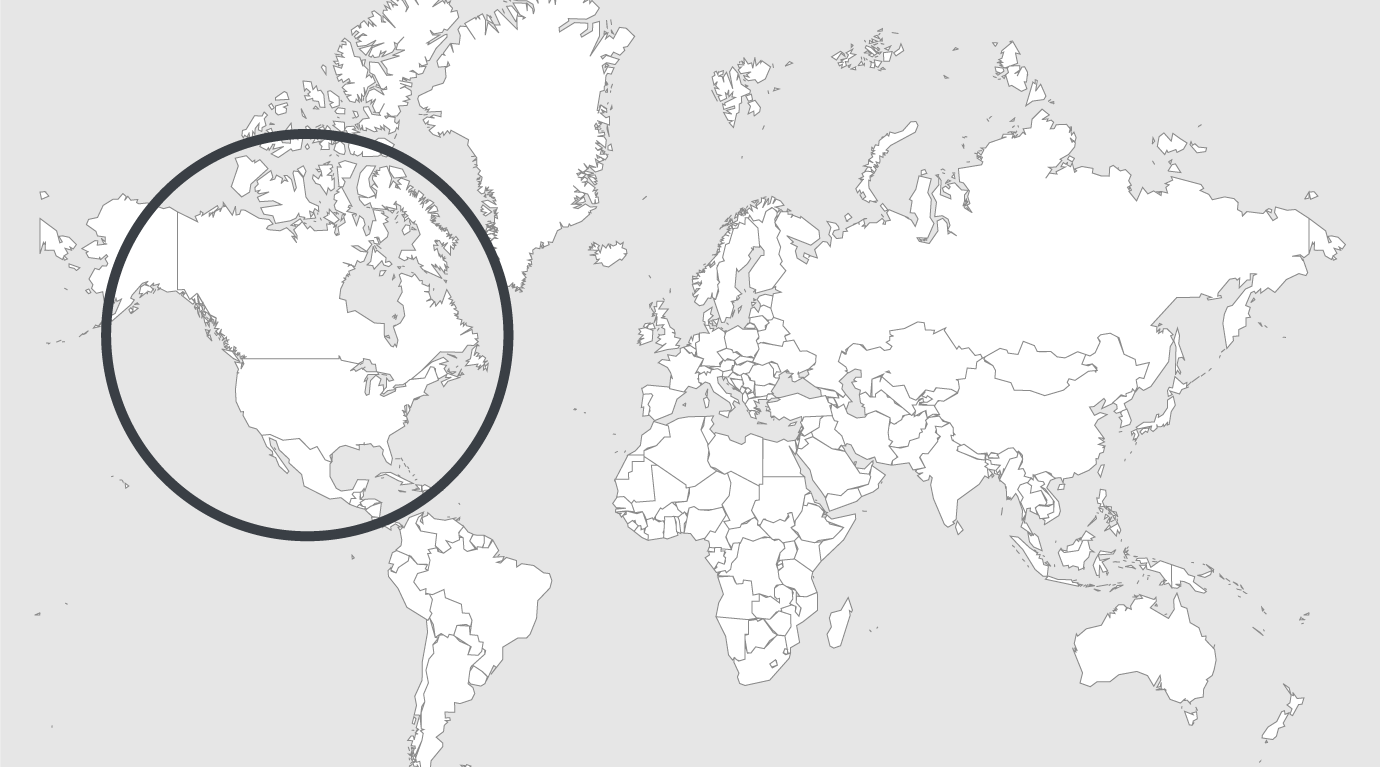
Explore
USA: innocent until proven guilty, but only if you can pay
How America’s bail system traps poor people in jail. “I did something stupid, and something I shouldn’t have done” are the first words of Bill Peyser’s tale of how he ended up getting arrested and jailed for the first time in his life at the age of 73.
Peyser, a San Francisco cab driver, says he had been frustrated with a couple of noisy younger neighbors in the spring of 2017. Exhausted and angry after a sleepless night that had led to him skipping a day of work, he decided to confront them on the afternoon of April 17.
The “something stupid” that Peyser agrees he shouldn’t have done was to bring a .22-caliber handgun with him when he went to their apartment.
Though the men did not answer the door when Peyser repeatedly kicked it, they saw him through the peephole and called the police. There was no direct confrontation, but as Peyser was leaving, he fired the gun by accident while trying to uncock it in the hallway. According to one of Peyer’s attorneys, the bullet lodged in a wall in the lobby of the building a few inches off the floor. Nobody was hurt.
The police came and arrested Peyser. Peyser explained what happened, but he says police refused to believe it was an accident and insisted he was trying to harm his neighbors. He says he was prepared to plead guilty to what he had done—brandishing a weapon. But when he was brought before the court, he found he was being charged with attempted murder, two counts of assault with a semi-automatic firearm, and discharging a firearm at an inhabited dwelling.
What happened to Peyser next illustrates a chronic problem, one civil rights advocates are attempting to force states and counties to address. Peyser ended up stuck in jail for six months while awaiting his trial not because he was a threat to society—he was a septuagenarian with no criminal record who hadn’t actually injured anyone—but because he didn’t have enough money to pay for bail. Activists argue that cash bail systems violate the rights of people like Peyser who have been charged, but not convicted, of crimes. More and more, judges, lawmakers, and even prosecutors are starting to agree.
Peyser’s bail was set at $625,000, based on the schedule for his alleged crimes. The attempted murder charge was later dropped, but the bail didn’t change. If Peyser wanted to fight these charges from outside of a jail cell, he needed to either cough up cash or pay a bail bondsman a portion of the cost (typically 10 percent) to front the money for him. Peyser did not have that much. He qualified for representation by a public defender because he was considered indigent. He and his defense attorneys tried to get multiple judges to reduce his bail, pointing out his stellar record and the possibility of losing both his taxi medallion and his rent-controlled apartment. He had turned the gun over to police and didn’t want it back. He promised to stay away from the neighbors.
No dice. He would spend half a year in jail until his case was heard in October, at which point the jury watched the security footage of what happened, deliberated, and found him not guilty on all counts. “It looked like an old man doing something stupid,” says one juror, speaking to Reason on condition of anonymity. The charges—which required proof of intent—didn’t match what they saw.
“This is not a violent guy who needs to be put away,” the juror says. Yet just months before, a judge had insisted that Peyser represented a public safety threat and a flight risk due to the severity of his charges—he faced a possible sentence of 19 years in jail—as justifications for his remarkably high bail.“Both judges accused me in open court of being a menace to society and one added that I was a threat to public safety,” Peyser says. “And mind you, there had been no trial.”
If Peyser had had the money, he would have been treated completely differently. “If you tell the judge you can’t pay the bail, the judge drops any pretense whatsoever of impartiality,” he says. “If you pay the bail, you’re a regular citizen. If you don’t pay the bail, you’re treated as guilty until you’re proven innocent.”
Read full article.
